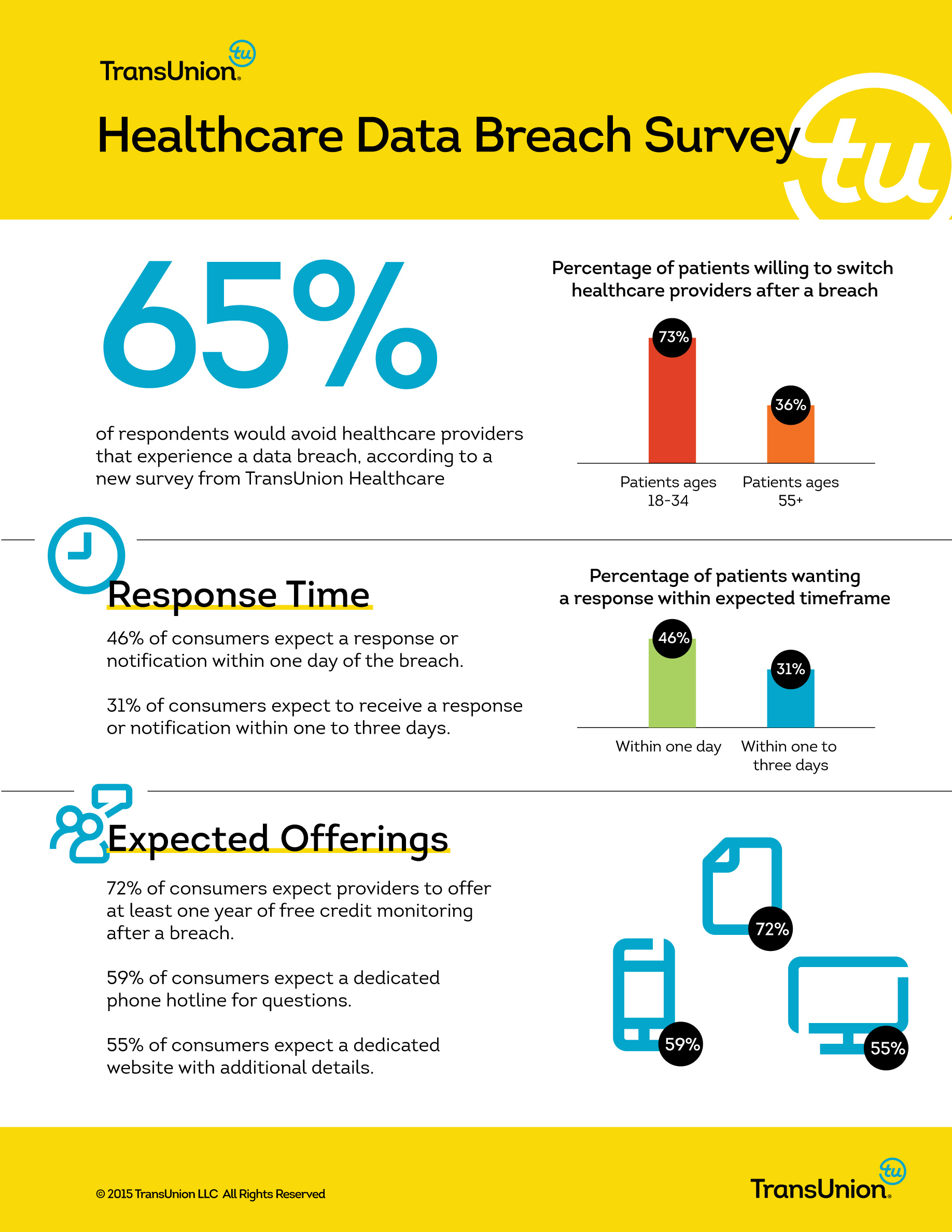Healthcare Providers 450% More Likely to Be Blackmailed by Cryptowall – How to Protect Yourself
Healthcare Providers Beware: Cybercriminals Targeting Covered Entitites (CE) with Malware and Data Breaches
The cyber crime landscape is rapidly growing more dangerous and complex for organizations of all sizes. Reports of security incidents are growing 66 percent each year, with the average cost of a data breach estimated at $3.5 million.

While organizations in any industry are at risk of cyber crime from outside attacks or insider perpetration, many small and medium-sized businesses (SMB) lack the infrastructure to adequately plan and prepare defenses for common threats. One rapidly growing information security threat that repeatedly poses a threat is Cryptowall, a increasingly common form of ransomware.
What is Cryptowall?
Cryptowall, formerly known as Trojan.Cryptowall, is a “Trojan Horse” virus that encrypts files on an infected computer. To unlock the files and retrieve access to critical information, users are asked to pay a “ransom” of at least several hundred dollars via a text document message. The attackers commonly ask for the payment to be made in Bitcoins, and direct users to complete the payment online via a secure Tor browser. In many cases, the ransom demands can increase in amount if the fee isn’t paid quickly.

If you’re curious whether someone on your staff with above-average computer skills can unlock your files, the answer is unfortunately no. As soon as files are encrypted, much like a bank vault, they will then require a key to be unlocked… And that key is what must be purchased from the cybercriminals themselves.
The head of cyber security at the US FBI recently stated that he usually advises victims of Cryptowall and other forms of ransomware to “just pay the ransom.” The FBI has yet to find a definitive solution to Cryptowall because it’s a highly effective form of extorting money out of healthcare organizations, SMBs and other companies.
How Do I Prevent a Cryptowall Attack?
The single most important action companies of any size can take to prevent terrible repercussions from a ransomware attack is regular data backups. Keep in mind, Cryptowall will also lock up data on any mapped drives, including external hard drives. The only guaranteed way to keep your information safe is investing in a secure, comprehensive backup solution that won’t be affected by the virus. (Keep in mind that the intervals of regular, ongoing backups can also be crucial to minimizing data loss).
Ransomware viruses can enter a company through a number of means, including file-sharing, email and RDP ports. While training your employees on information security best practices can protect against phishing attacks or unsafe file downloads, the most important step you can take is to develop a comprehensive information security practice and policy. By partnering with a professional IT services firm, you can benefit from having easy access to a dedicated a team of experts who are committed to keeping your patients, providers and practice safe.
Conclusion
Cryptowall attacks can have a devastating impact on healthcare providers and covered entity organizations of any size.
By working stategically with a dedicated IT services team, you can get started implementing the right defensive strategies to help protect your patients, practice and sensitive data such as PHI.
Get started on your data security roadmap with the healthcare information technology experts of San Francisco today with your free onsite technology assessment and rest easier knowing your patients’ data is protected from being held ransom by cybercriminals.
Comments are closed.
